Some segments of the British population have noticed a noticeable shift towards right-leaning political ideologies. From Brexit to concerns about immigration and national identity, various factors are influencing this trend.
#1. Brexit Fallout
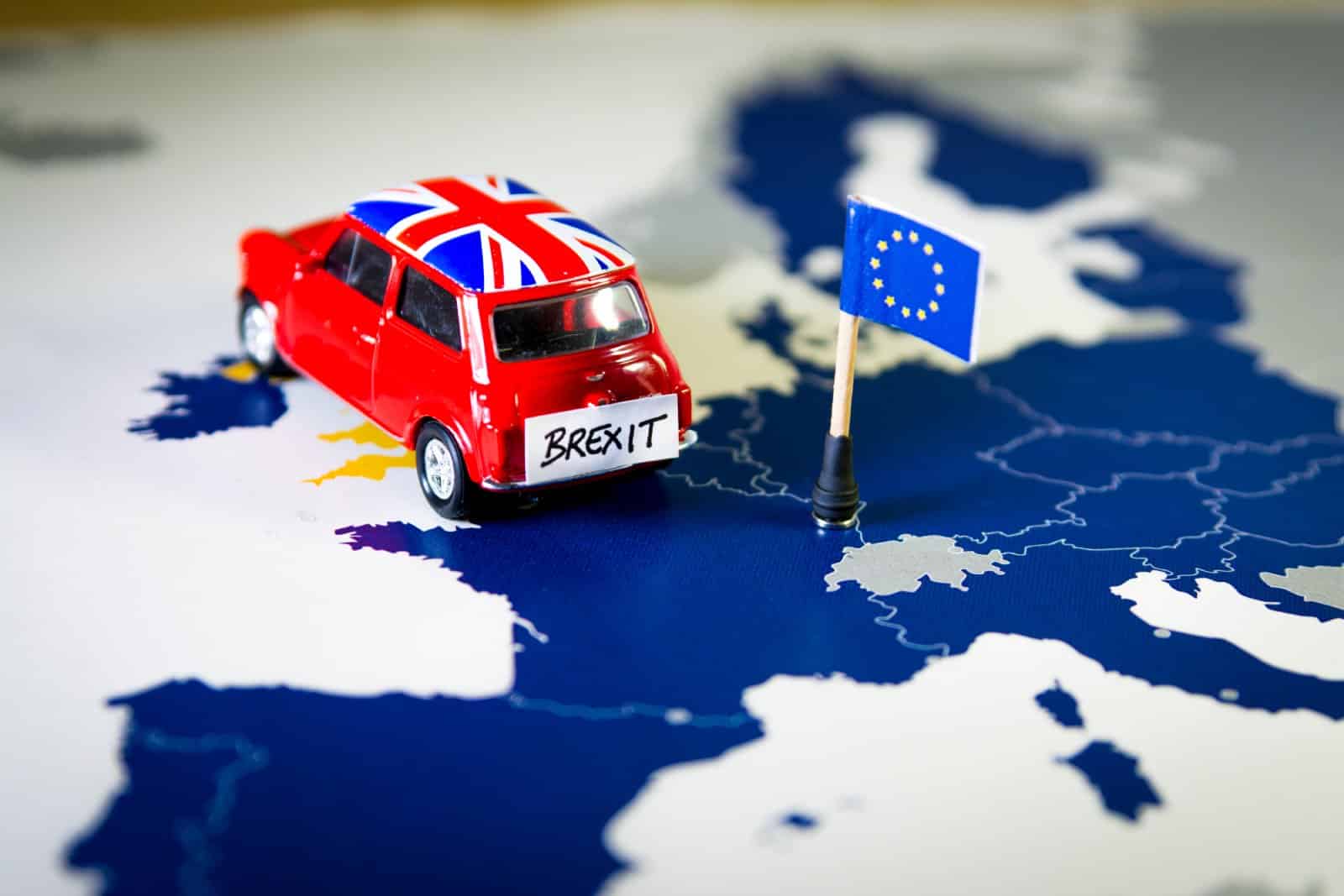
The divisive nature of Brexit and frustrations with the EU’s bureaucracy have led many to align with right-wing parties advocating for sovereignty and independence.
#2. Immigration Concerns

Rising immigration levels and fears of cultural dilution have fueled support for right-wing policies promoting stricter border controls and immigration reform.
#3. Economic Uncertainty

Economic instability and fears of globalisation’s impact on jobs and wages have driven some towards right-wing parties promising protectionist measures and economic nationalism.
#4. National Identity
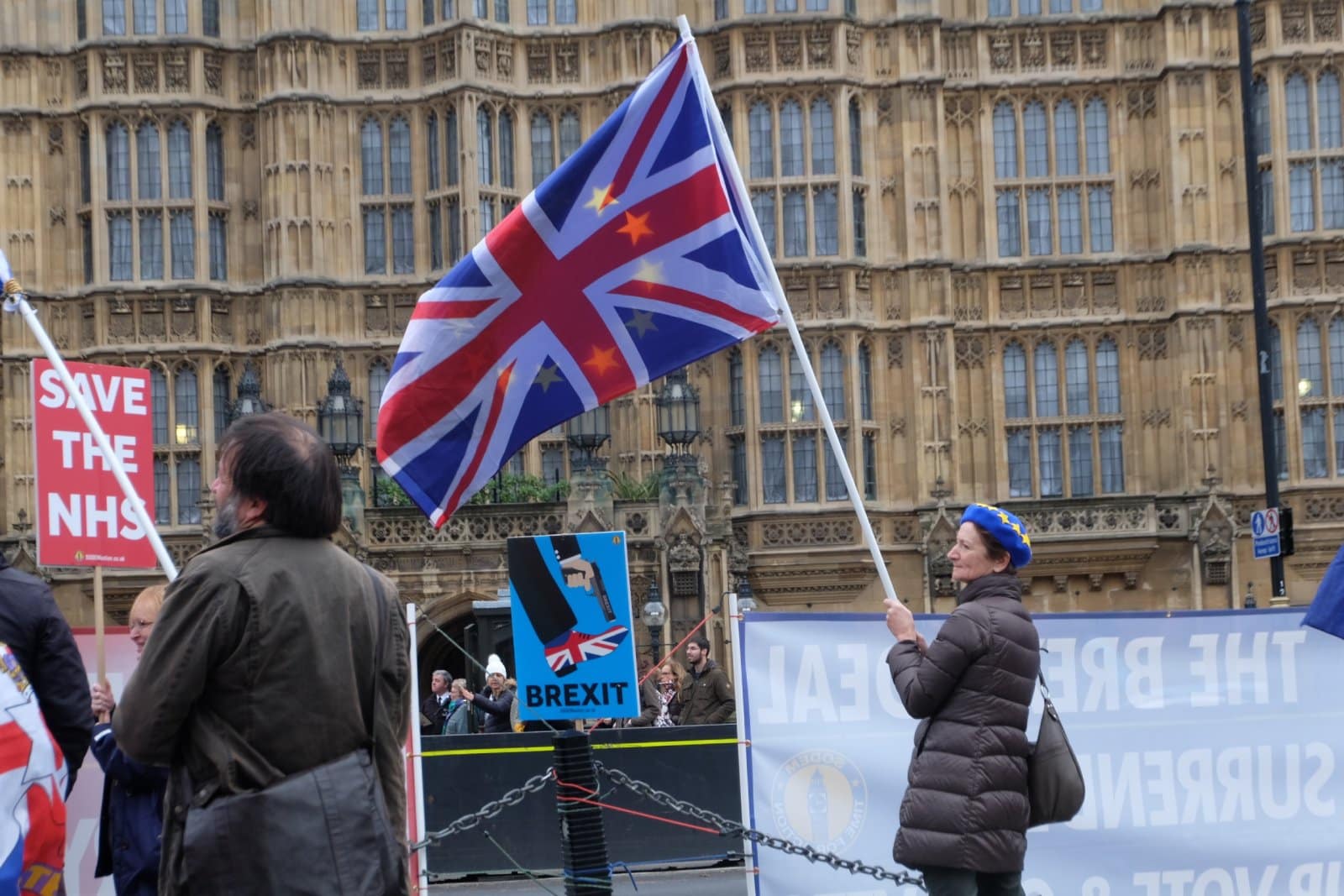
Issues surrounding national identity and British heritage have resonated with those leaning right, leading to support for policies emphasizing patriotism and traditional values.
#5. Law and Order

Concerns about rising crime rates and perceptions of deteriorating public safety have bolstered support for right-wing parties advocating for tough-on-crime measures and law enforcement.
#6. Social Conservatism

Traditional social values and opposition to progressive social changes, such as LGBTQ+ rights and gender identity issues, have attracted support for right-wing parties championing conservative values.
#7. Anti-Establishment Sentiment

Distrust of mainstream political parties and dissatisfaction with the political establishment have driven some towards right-wing populist movements promising to shake up the status quo.
#8. Welfare Reform

Calls for welfare reform and skepticism towards welfare dependency have resonated with those leaning right, leading to support for policies promoting personal responsibility and self-reliance.
#9. Media Influence

The influence of right-wing media outlets and personalities, who often promote conservative viewpoints and narratives, has shaped public opinion and swayed individuals towards right-wing ideologies.
#10. Cultural Backlash
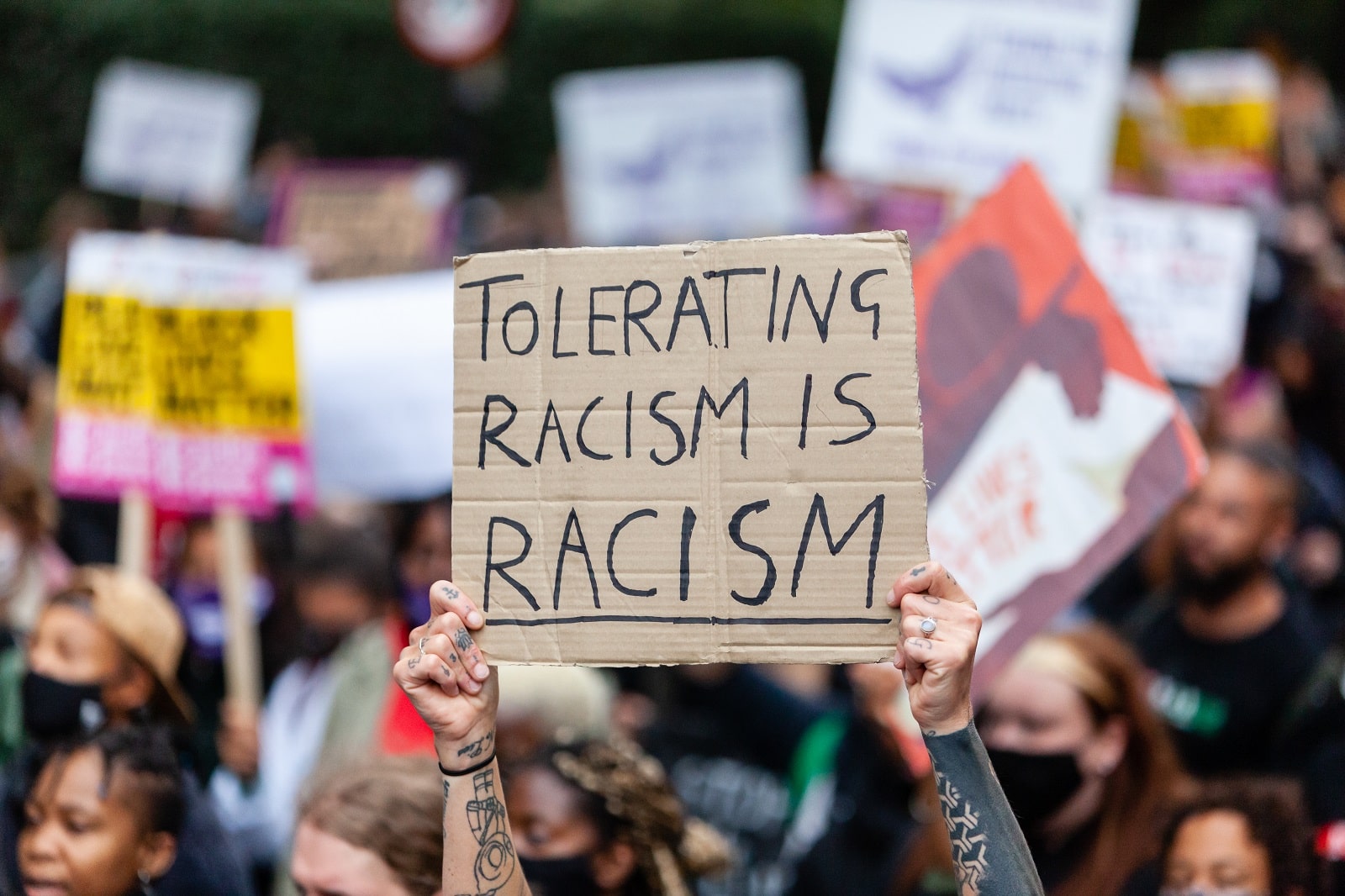
Perceptions of cultural elitism and disdain for working-class values have fueled a cultural backlash, with some embracing right-wing ideologies as a form of cultural resistance.
#11. Identity Politics
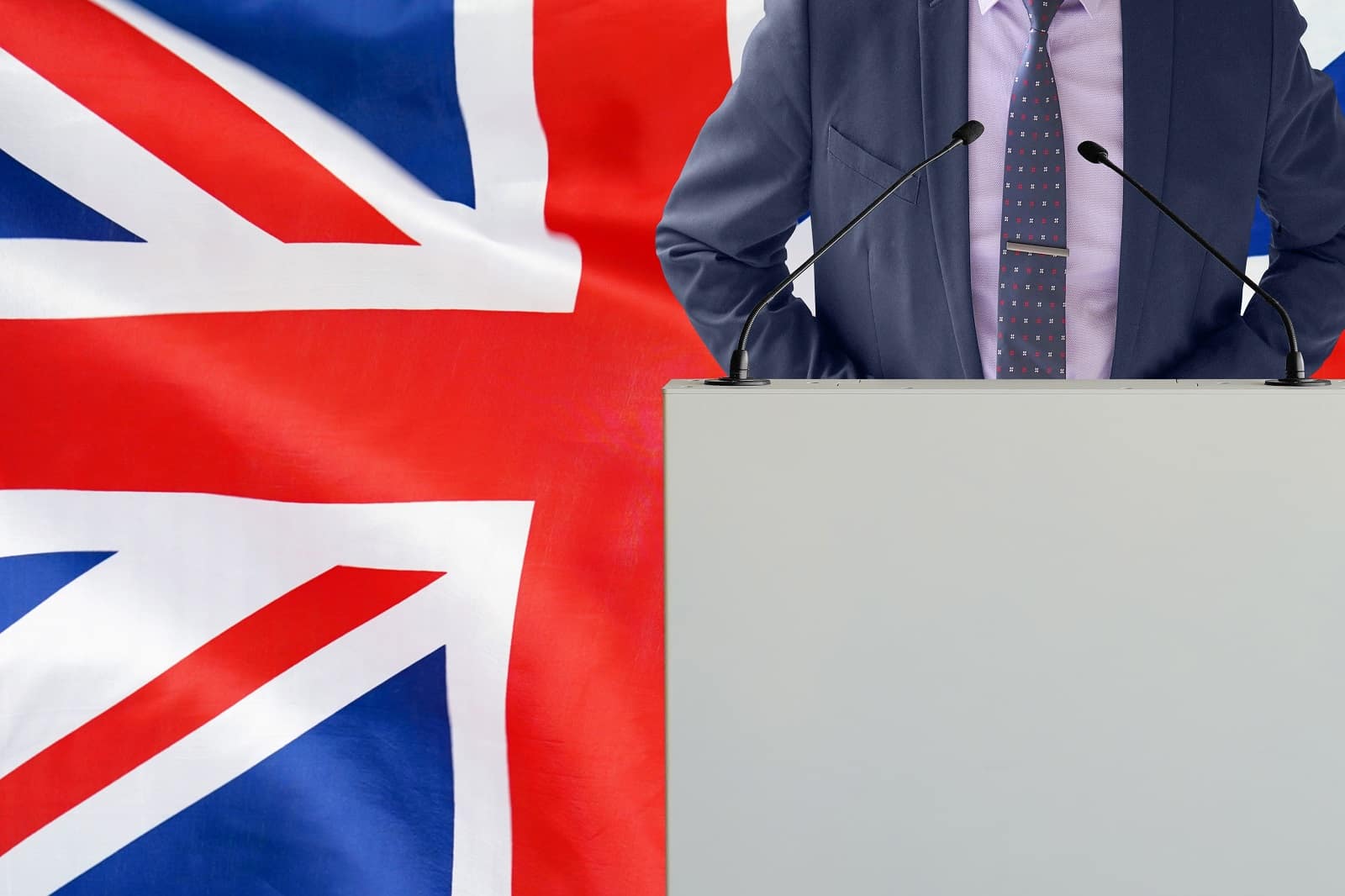
Opposition to identity politics and perceived favoritism towards minority groups have driven some towards right-wing parties advocating for color-blind policies and equality under the law.
#12. Globalization Critique

Criticisms of globalization’s impact on local communities and industries have led some to support right-wing parties promising to prioritize national interests over global cooperation.
#13. Disillusionment with Left

Disillusionment with left-wing parties and their perceived failures to address societal challenges, such as inequality and social cohesion, have pushed some towards right-wing alternatives.
#14. Fear of Radicalism

Concerns about radical ideologies and extremism, both domestic and international, have prompted support for right-wing parties promising to protect national security and combat extremism.
#15. Leadership Appeal

Charismatic leaders and effective communication strategies employed by right-wing politicians have attracted support from individuals seeking strong leadership and decisive action.
10 Worst Places to Live in the UK Today

Here’s a look at the 10 worst places to live in the UK, based on statistical analysis and local sentiment, to help you understand the challenges residents may face in these areas. 10 Worst Places to Live in the UK Today
“We Will Never Come to Help You” – Trump’s Hurtful Words Raise Concerns About EU Firepower

It was revealed in a conference in Brussels that former President Donald Trump said in 2020 that the US would “never help” Europe if it was attacked. Now, European nations are grouping to commit more firepower to combat Putin’s threat to democracy. “We Will Never Come to Help You” – Trump’s Hurtful Words Raise Concerns About EU Firepower
Brexit Fallout: 20 Ways the EU Is Falling Apart Without the UK
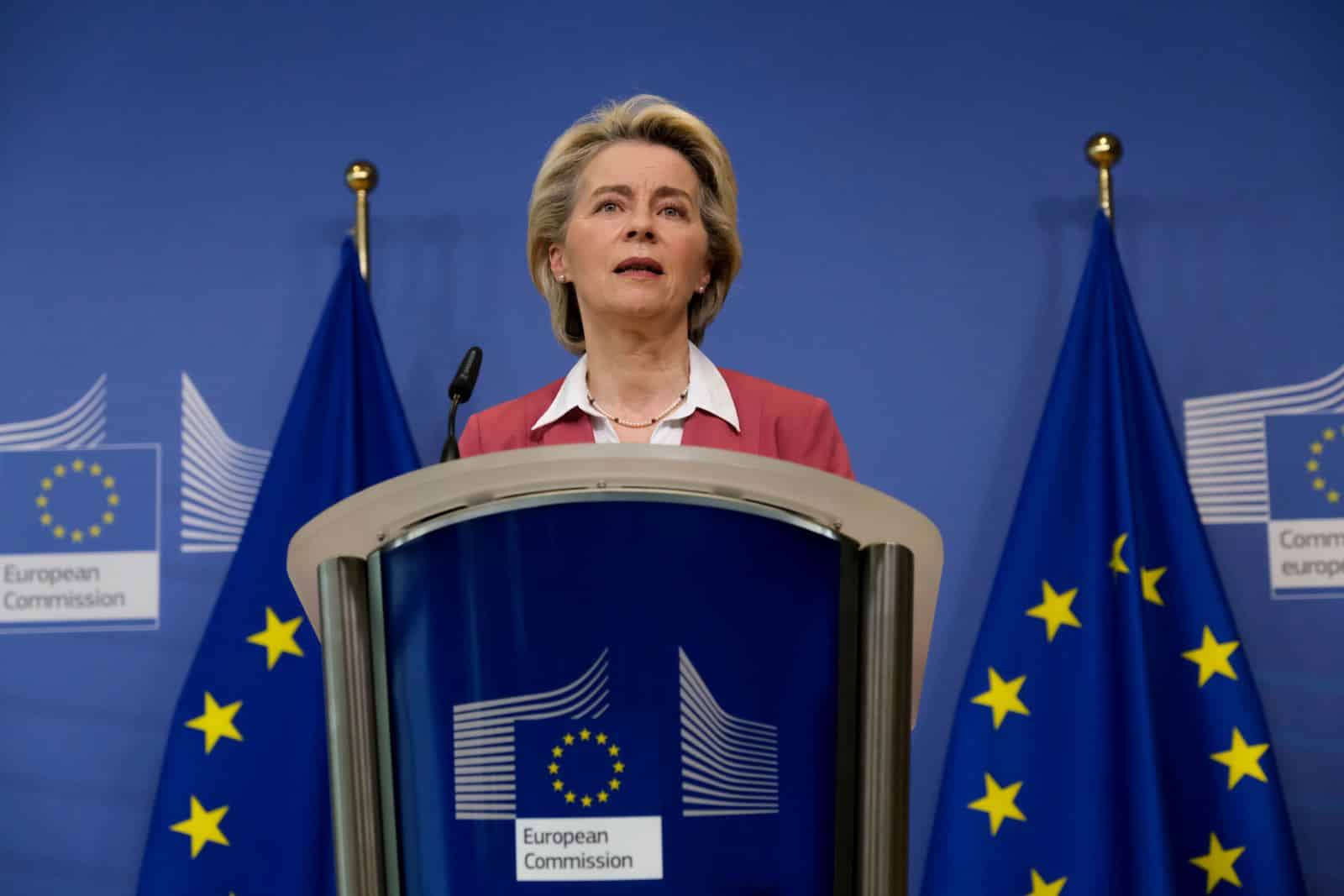
Since Brexit, the EU has been grappling with multiple crises and internal conflicts. Can the bloc hold itself together in these turbulent times? Brexit Fallout: 20 Ways the EU Is Falling Apart Without the UK
The post — first appeared on Edge Media.
Featured Image Credit: Shutterstock / Jason Wells.
For transparency, this content was partly developed with AI assistance and carefully curated by an experienced editor to be informative and ensure accuracy.
Sarah Griffin is an experienced writer known for her incisive analysis of UK politics and human rights issues. Her work blends depth and clarity, providing insightful and often satirical commentary on the contemporary political landscape

